For far too long, decisions about how public money is shared in Nigeria have been made behind closed doors. Complex formulas have determined who gets what, yet most Nigerians have had little idea how those decisions are made, let alone a chance to shape them. That is finally changing.
The Revenue Mobilisation Allocation and Fiscal Commission has launched a long overdue review of the Revenue Allocation Formula. This exercise will update outdated data and, more importantly, open up the process in unprecedented ways. This is not just a technical adjustment. It is a shift toward transparency, inclusion, and genuine democratic participation in one of the most consequential aspects of governance: how Nigeria’s wealth is distributed.
According to RMAFC Chairman Mohammed Bello Shehu, the new review will be inclusive, evidence-based, and aligned with international best practices. For the first time in years, ordinary citizens, civil society groups, local leaders, private sector actors, and development partners will all have a voice in the conversation.
Revenue allocation is the invisible force behind nearly everything that matters: schools, hospitals, roads, salaries, and security. Yet for decades, these decisions have been shaped more by politics than by actual need. When public input is missing, the consequences are clear. Funding rarely reaches those who need it most. Communities remain underserved. Trust in government erodes. On the other hand, when people are involved in policymaking and when they are genuinely heard, governments make better decisions. The outcomes are fairer, and there is a sense of shared ownership that builds stronger institutions.
The RMAFC’s current approach signals a move away from top-down decrees and toward broad-based consultation. Structured engagements will involve every level of government, from the Presidency and National Assembly to state governors, local government officials, the judiciary, and relevant ministries. Traditional rulers will be consulted. Civil society, academia, and the private sector will bring their perspectives to the table. Each group carries lived experience and knowledge that can sharpen the formula and make it work for real people.
Just as important is the Commission’s focus on data and evidence. Rather than relying on outdated political bargaining, the formula will now be informed by hard facts. Economic indicators, population data, development gaps, internally generated revenue, and even climate vulnerability and insecurity risks will all be considered. This shift toward data-driven decision-making makes the process not only more credible but also more adaptable to Nigeria’s dynamic realities.
There are also promising signs of innovation. RMAFC has hinted at the development of a digital platform, a National Revenue Dashboard, that would allow the public to track how much money is allocated, to whom, and for what purpose. If implemented, this tool could shine a light on a system that has long operated in the shadows, empowering citizens, journalists, and watchdogs to hold leaders accountable.
Perhaps one of the most powerful signals of change is the role civil society is being asked to play. Nigeria’s network of NGOs, advocacy groups, and research institutions has always been vocal about the need for fairer fiscal practices. Now, they are being invited into the room not just to observe, but to co-create. Groups focused on education, health, gender equity, and poverty reduction now have a direct channel to influence how public funds are allocated. This could be a breakthrough moment for equity and social justice in budgeting.
Still, transparency and consultation only go so far without public participation. This is where Nigerians come in. The opportunity to reshape the revenue formula is not something to watch from the sidelines. Citizens should show up for public hearings, submit ideas during consultations, ask their local representatives tough questions, and use every available platform to raise their voices. Apathy is the enemy of accountability. If Nigerians do not engage, decisions will still be made, but they will be made without them.
What RMAFC is doing matters. Not just because it is the right thing to do, but because it could mark a turning point. If this process succeeds, it could lay the foundation for a new kind of fiscal governance, one rooted in data, openness, and the collective will of the people.
Money is power. In a democracy, that power should not be hoarded by a few. It should reflect the priorities, struggles, and hopes of the many. This is a rare chance to make sure it does.
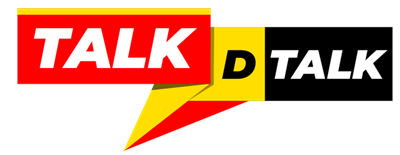

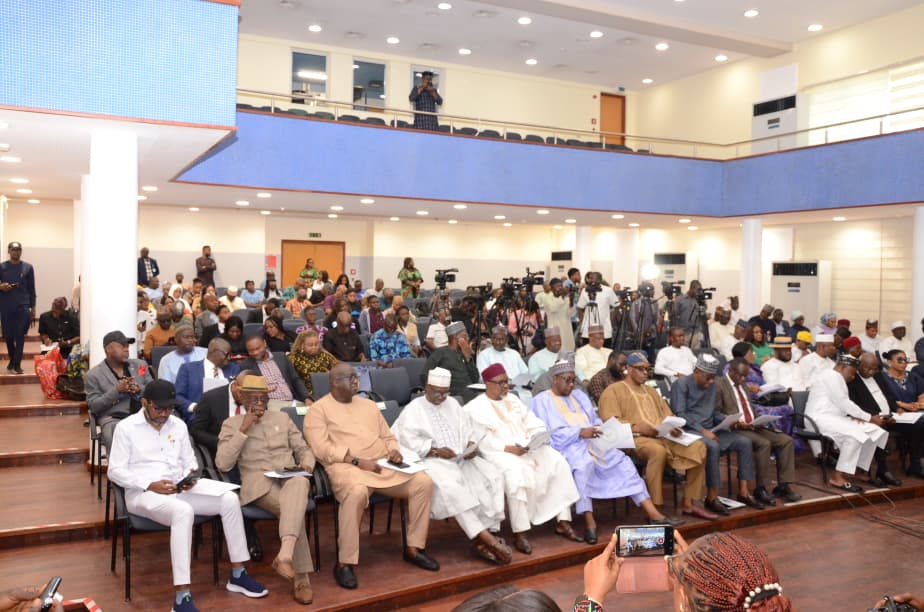




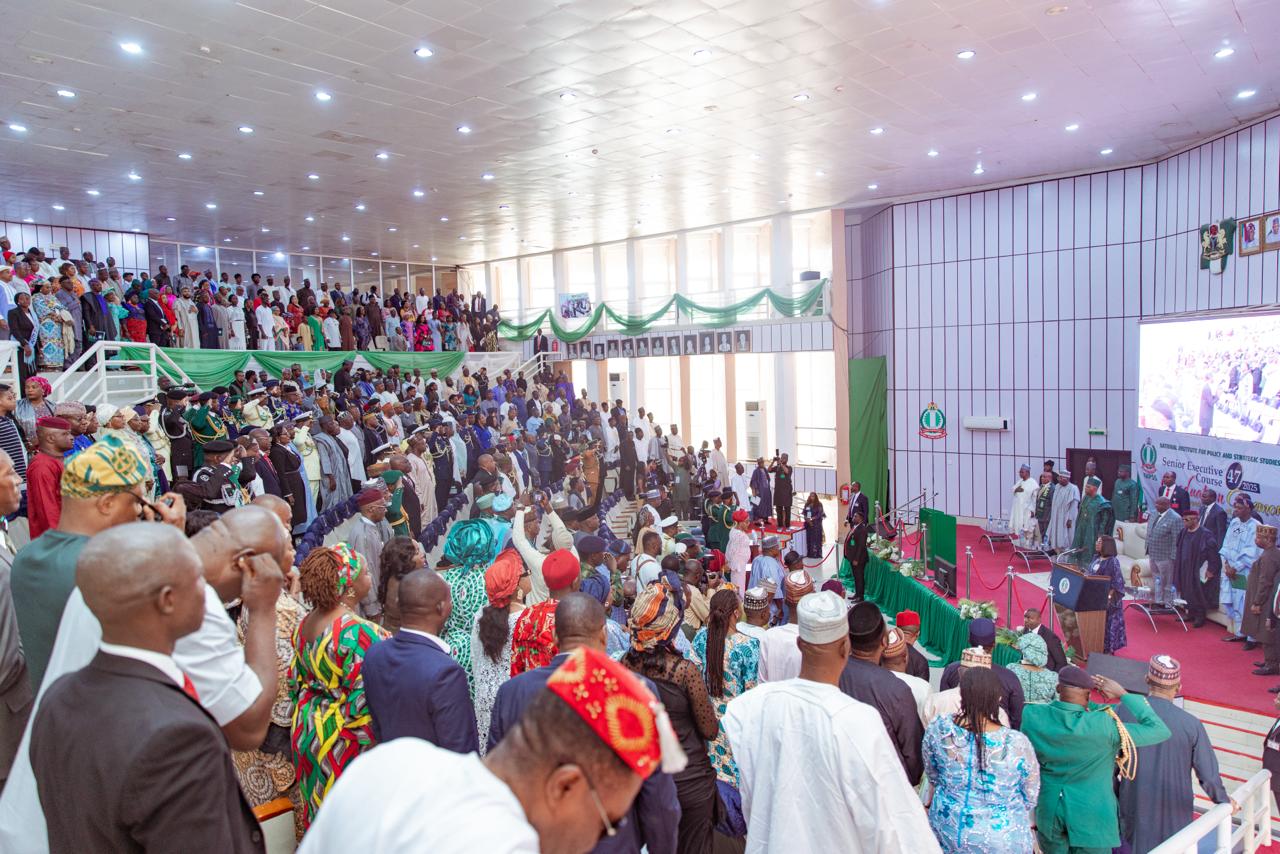
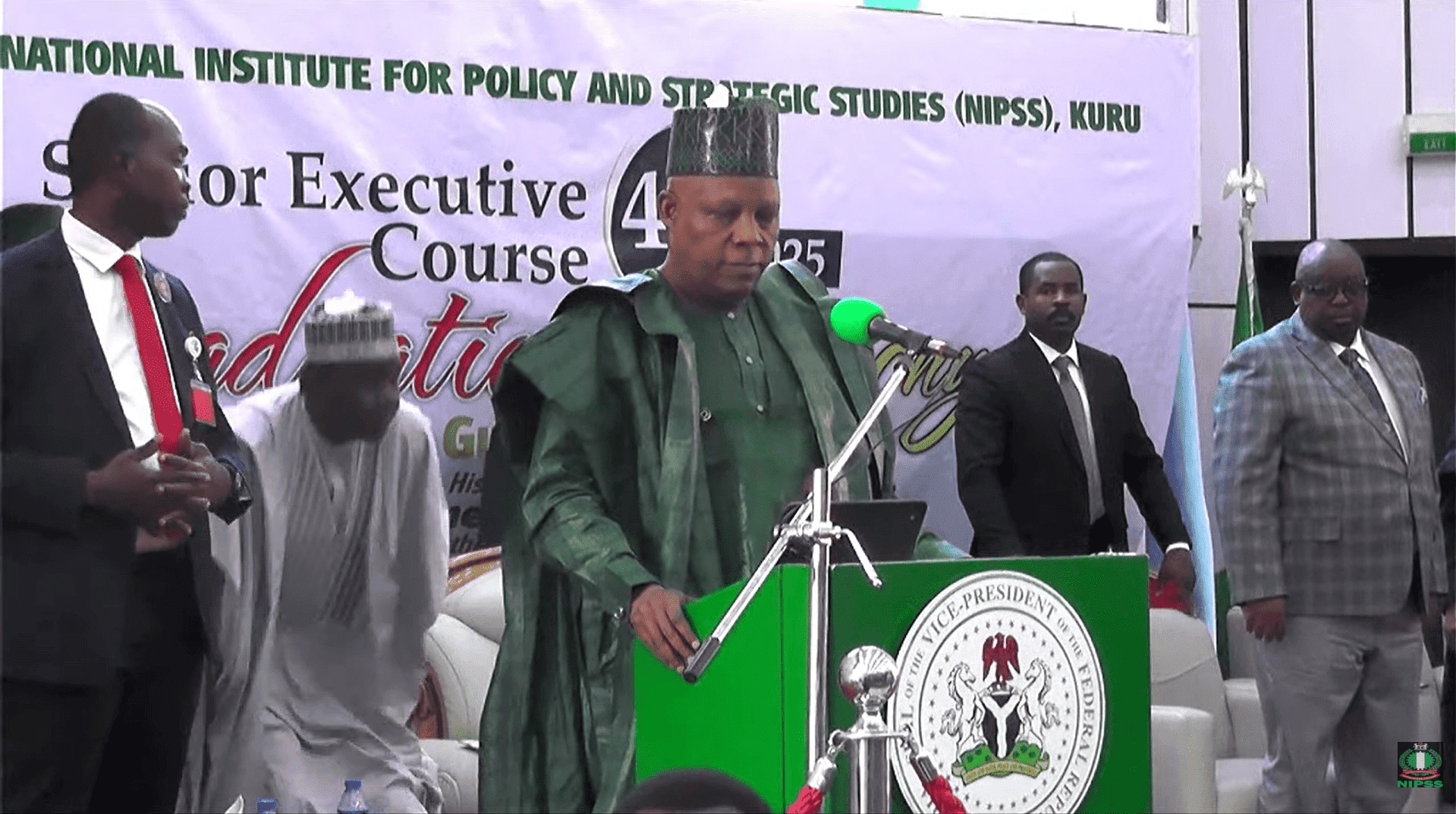
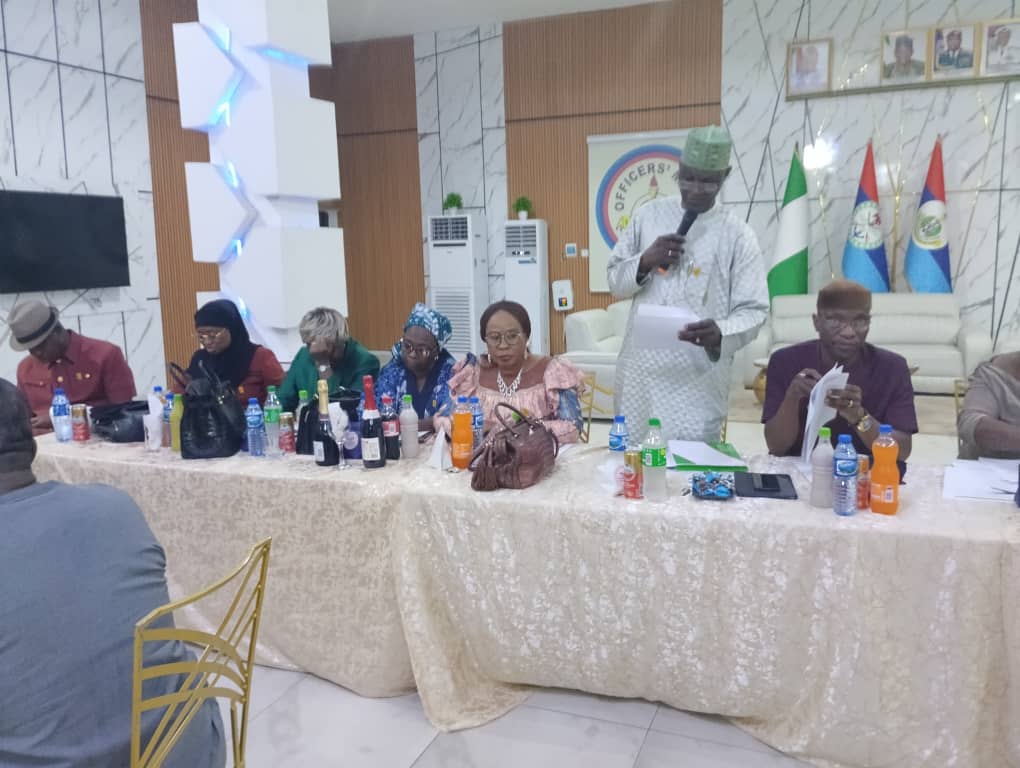
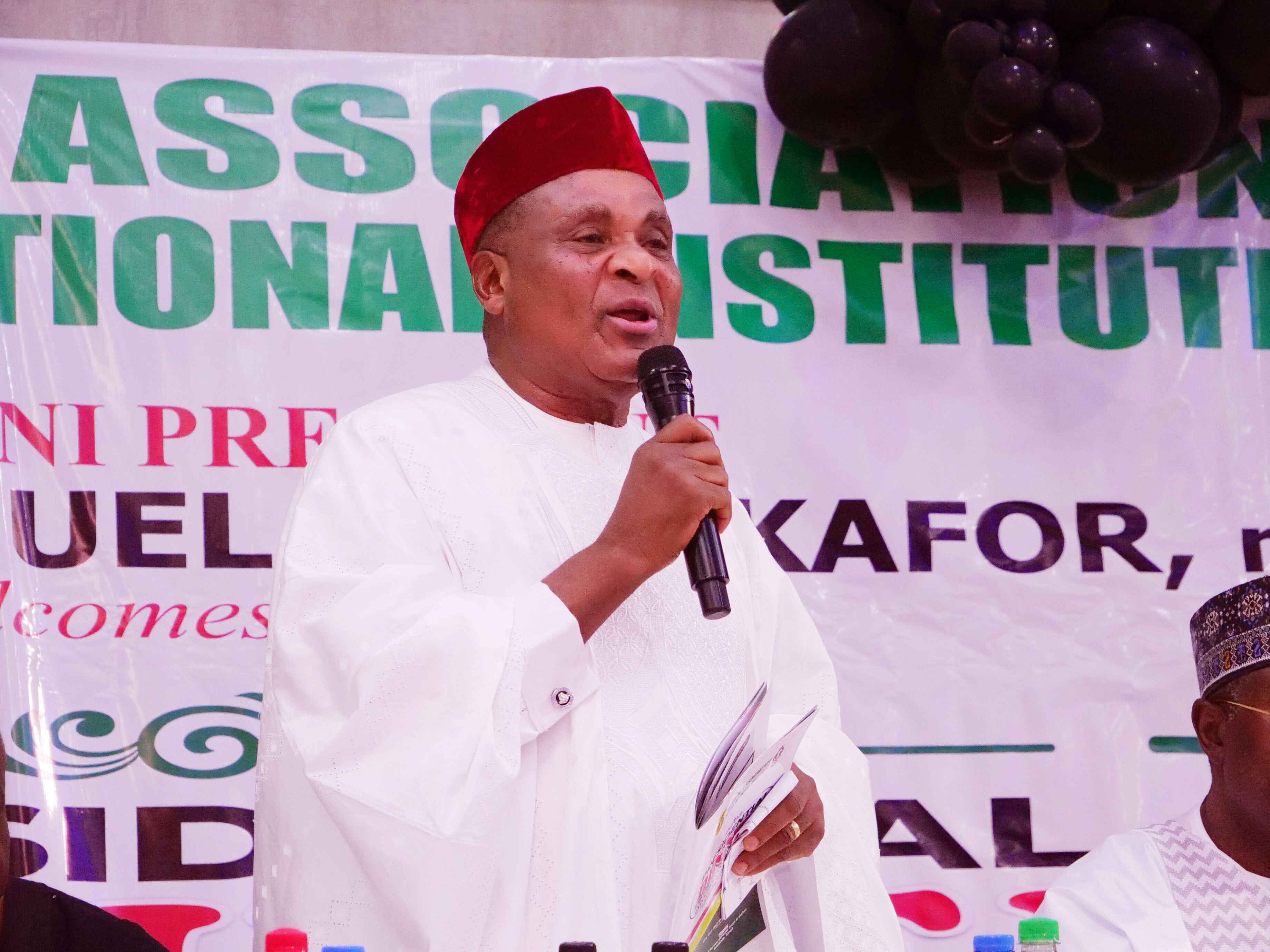
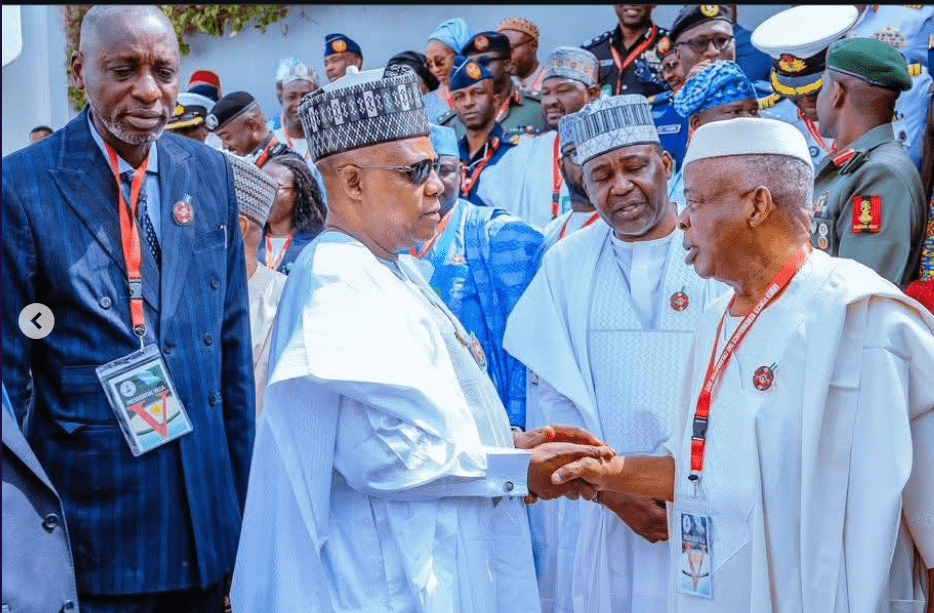
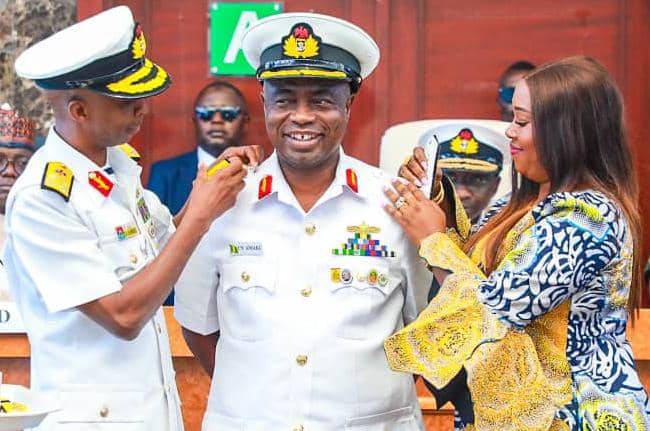
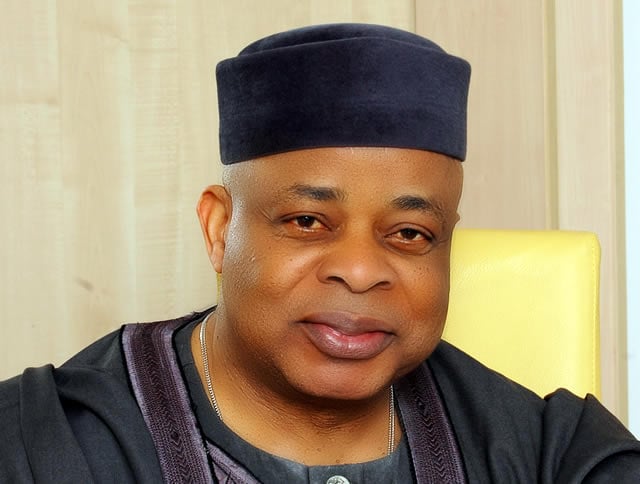
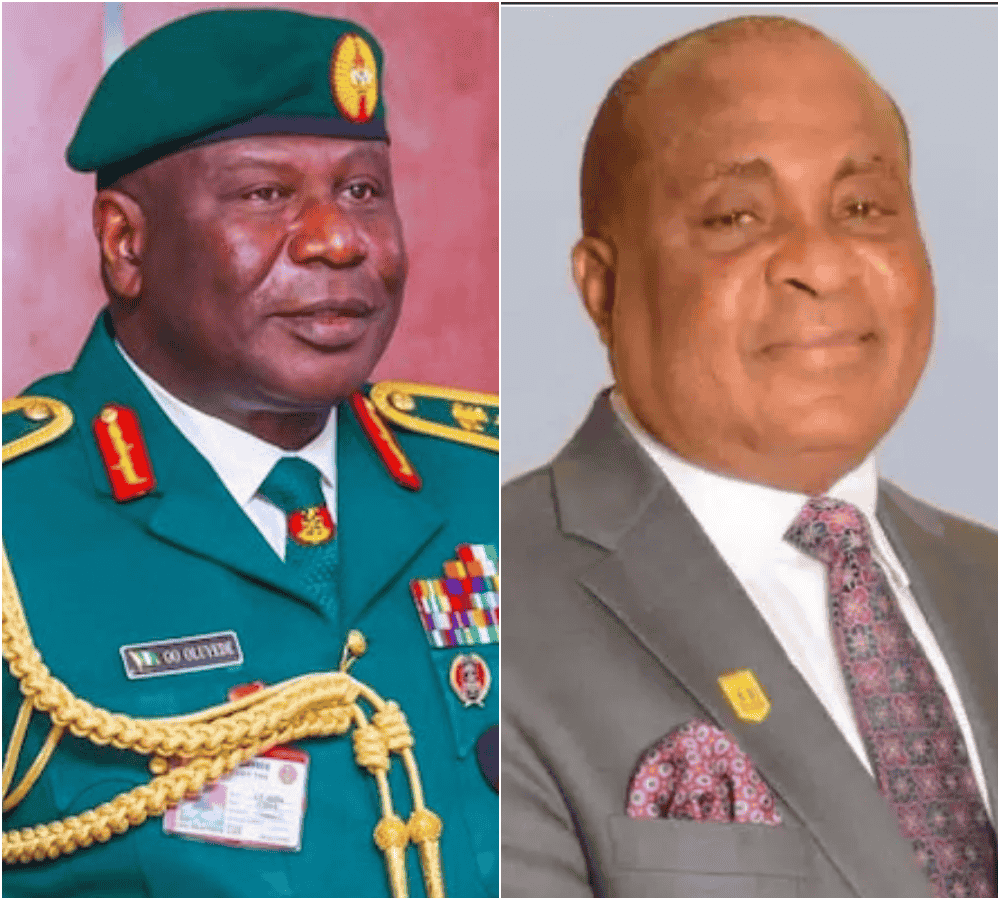

Leave A Comment